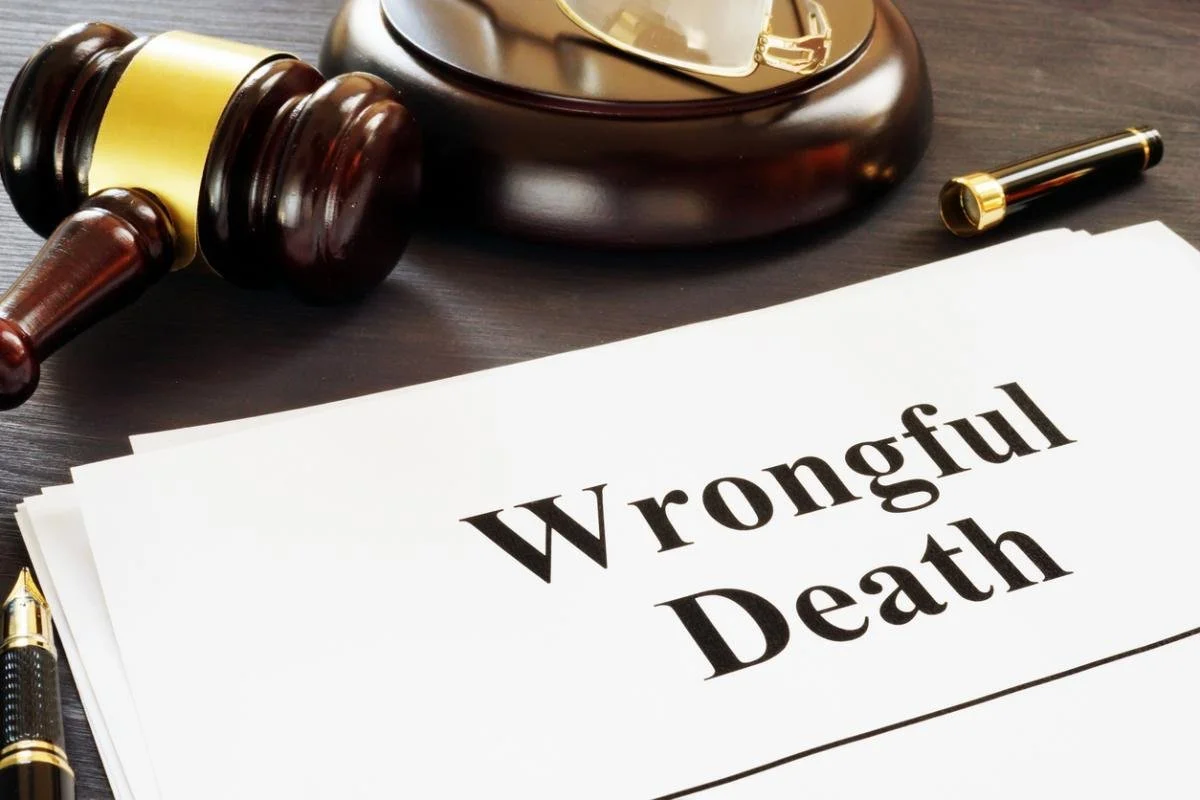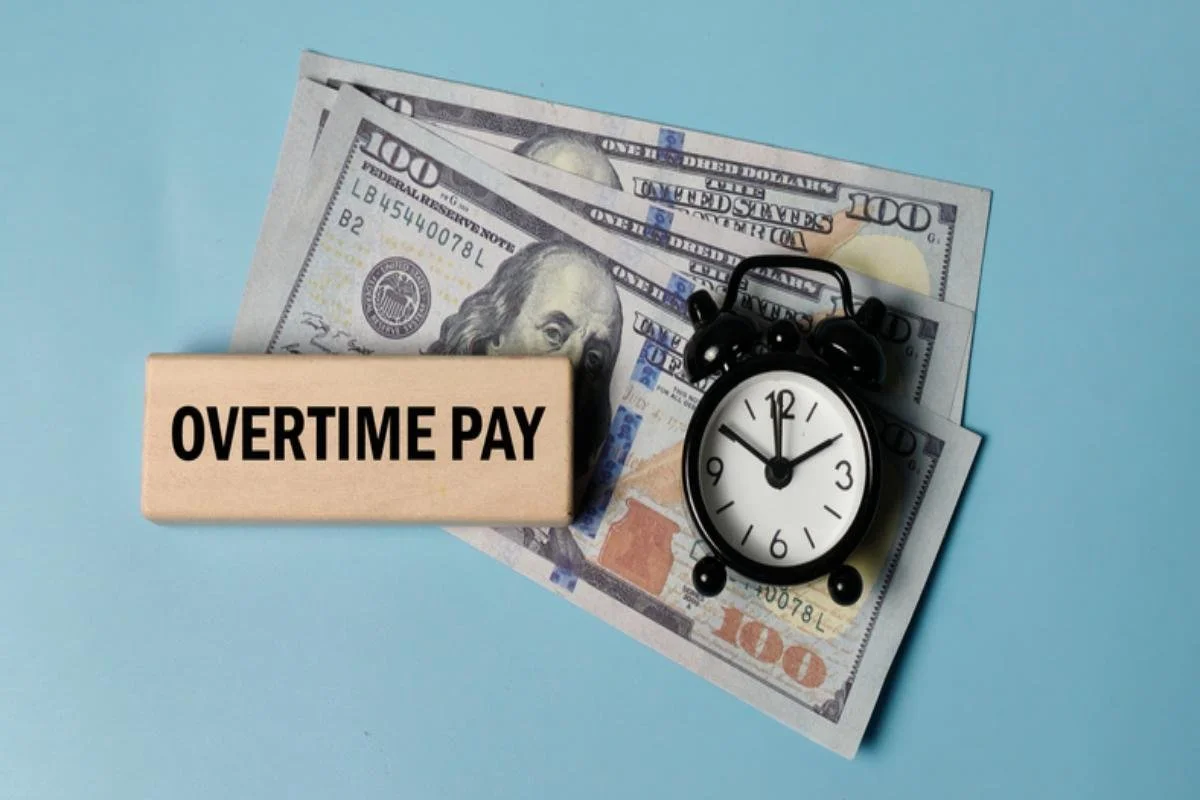2025’s Biggest California Wrongful Death Cases: Four Landmark Outcomes
/California juries are making it clear: when a death could have been prevented, the financial consequences can be huge. In 2025, some of the state’s largest wrongful death verdicts showed a clear change in how jurors view loss, corporate responsibility, and deterrence. Some believe this shift is tied to a post-COVID perspective, where the human cost of wrongful death feels more real and personal, leading to higher verdicts.
Wrongful Death Cases in California in 2025: Significant Examples
These three cases show that landmark wrongful death outcomes in California can look very different. They include a record jury verdict against a large company, a major settlement with a public agency over alleged system failures, and a published appellate decision that could change how damages are handled in future cases. Each case highlights a different way to achieve accountability and shows why wrongful death litigation was a major focus in 2025.
Case #1: Mae K. Moore v. Johnson & Johnson, et al.
Court: Los Angeles County Superior Court
Case No.: 21STCV05513
A Summary of the Case: The plaintiffsSummary of the Case: The plaintiffs are the family or estate of Mae K. Moore, who are either wrongful death survivors or estate representatives, depending on the legal filings. The defendants are Johnson & Johnson and other related companies. The lawsuit claimed that Mae K. Moore’s illness and death were caused by asbestos exposure from the defendants’ products, and that the companies failed to provide warnings or acted improperly.
The case is a landmark 2025 California wrongful death case because of the sheer size of the award. Such a large amount signifies the continued escalation of “nuclear verdict” risk in California wrongful death/product exposure matters and the willingness of juries to impose extraordinary damages in cases involving alleged corporate safety failures.
Case #2: County of Los Angeles v. Superior Court (related to the Noah Cuatro wrongful death civil case)
Court: California Court of Appeals
Case No.: B339093 (Cal. Ct. App., 2d Dist., Div. 4)
Attached to Trial Case No. 20STCV24771 filed in the Los Angeles Superior Court
Summary of the Case: Evangelina “Eva” Hernandez, both personally and as the legal representative for the child’s estate and siblings, filed a wrongful death lawsuit. She claimed that child welfare authorities failed to protect the child and did not act on clear warning signs of danger, including not following through on protective steps mentioned in the court record. In September 2025, LA County supervisors agreed to a $20 million settlement with the child’s family.
The Noah Cuatro wrongful death case was one of the most notable public-entity settlements in California in 2025. It brought attention to system accountability and involved a large settlement and significant public attention.
Case #3: Ng v. Superior Court
Case No.: G064257 (Cal. Ct. App., 4th Dist., Div. 3)
Underlying Trial Court Case Info: Orange County Superior Court, Case No. 30-2023-01360050
Summary of the Case: Joely Ng sued Los Alamitos Medical Center and doctors for medical malpractice and wrongful death after her husband, Kenneth Ng, allegedly received negligent care following a G-tube problem and improper placement. Ng developed sepsis and died three months later. The case led to a published appellate decision about whether wrongful death and survival or medical negligence claims can each have separate MICRA noneconomic damage caps, which is a key issue in California medical malpractice and wrongful death cases.
Ng v. Superior Court is a landmark 2025 wrongful death case because it changes how damages can be claimed and valued in medical malpractice wrongful death cases. It clarifies how wrongful death and survival claims are treated under MICRA’s cap rules.
Wrongful death cases are about more than just money, but the 2025 outcomes show something important: California juries and courts are more willing to impose serious consequences when families claim a preventable loss was caused by corporate wrongdoing, system failures, or poor care. Whether the result is a large verdict, a major public settlement, or a new legal precedent, the main theme is accountability and the need for careful, evidence-based legal work from the start.
If your family has lost a loved one and you think negligence or wrongdoing was involved, the wrongful death attorneys at Blumenthal Nordrehaug Bhowmik De Blouw LLP can help you learn about your legal options and what to do next. Contact our offices in Los Angeles, San Diego, San Francisco, Sacramento, Riverside, or Chicago to talk about how you may be able to seek accountability under California law.









